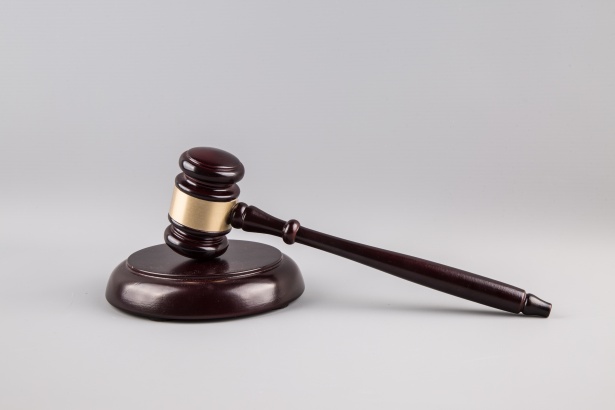Parole a privilege granted by state to prisoners, but can’t be stopped for ‘vague’ reasons: HC

Read Order: Mohd Sabir vs State of Punjab & Ors
Vivek Gupta
Chandigarh, July 3, 2021: Granting six weeks parole to a murder convict, the Punjab and Haryana High Court has observed that though parole is a privilege granted by the state to prisoners, it cannot be clipped for “vague” reasons.
A division bench of Justices Ritu Bahri and Archana Puri made the observations while dealing with a petition filed by a murder convict from Punjab’s Sangrur district seeking parole after his plea’s rejection by the local authorities.
The petitioner, who is currently undergoing life imprisonment in a murder case, prayed before the bench to set aside the impugned order dated April 24, 2020 passed by Sangrur’s District Magistrate who rejected his parole by stating that the Senior Superintendent of Police, Sangrur did not recommend his release on parole.
During the hearing, it was found that the petitioner had sought grant of parole to facilitate him to take care of his aged mother. However, the Senior Superintendent of Police did not recommend the same on the ground that there may be danger to the state authority and breach of peace if the convict is released on parole and, as such, no recommendation was made for his temporary release.
In its July 2 order, the division bench observed that as far as the SSP’s recommendations are concerned, nothing has been specified in it about the manner in which the release of the petitioner on parole shall pose danger to the state authority or may cause breach of peace.
Even though the official reply to the petition before the bench has been filed, the reasons so given by the state are “quite vague”, the court remarked.
The bench stated that the Punjab Good Conduct Prisoners (Temporary Release) Act, 1962, was enacted for temporary release of the prisoners, on account of their conduct.
“It is though a privilege granted by the State to the prisoners, but it cannot be clipped for vague reasons. The name of the Act itself suggests that in order to earn temporary release, the prisoner has to maintain good conduct, during his stay in the prison and furthermore, he has to behave properly during the period of parole and also not disturb the social peace,” the bench said.
“Perusal of the Custody Certificate annexed with the reply reveals that the petitioner has undergone a total sentence of 9 years 11 months and 13 days (including remission) and after conviction he has undergone 4 years 1 month and 18 days in custody. There is nothing, as such, mentioned in the custody certificate about the petitioner to have not maintained good conduct while his detention in jail, during the pendency of the trial or during post-conviction period. Further, nothing is coming on record about the petitioner to have misused the grant of parole, at any time,” the bench further said.
It ruled that in the given circumstances, the present petition is allowed and the petitioner is ordered to be released on parole for a period of 6 weeks, subject to his furnishing bail/surety bonds to the satisfaction of releasing Court/Duty Magistrate concerned, within a period of seven days from the date of the order.
Sign up for our weekly newsletter to stay up to date on our product, events featured blog, special offer and all of the exciting things that take place here at Legitquest.




Add a Comment